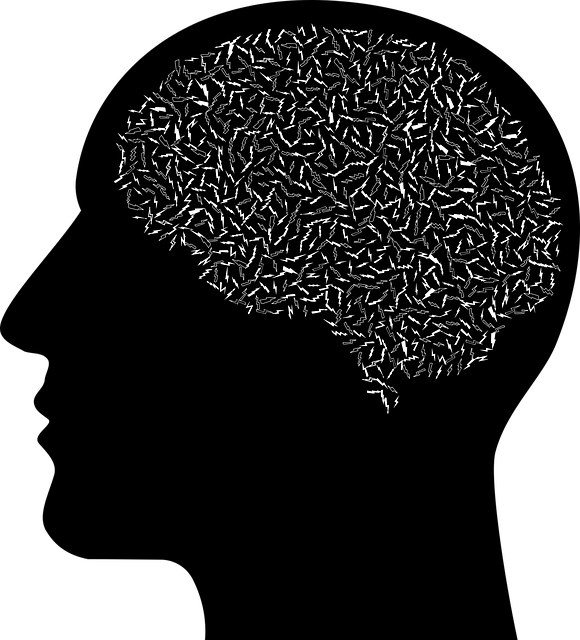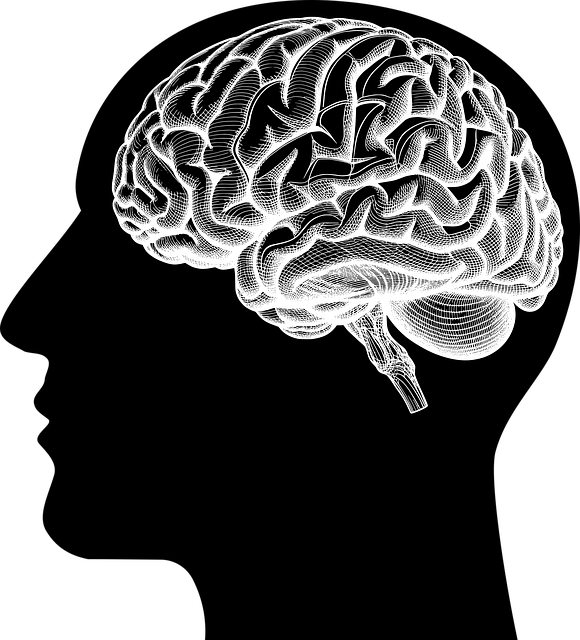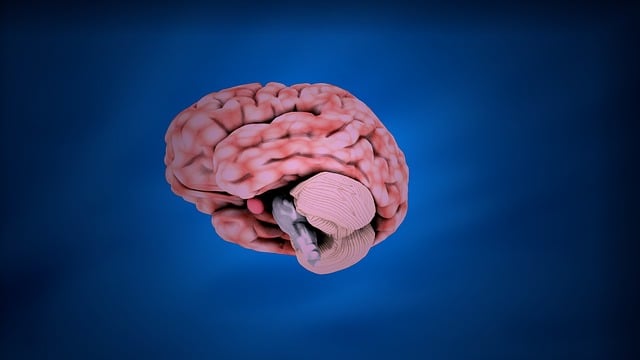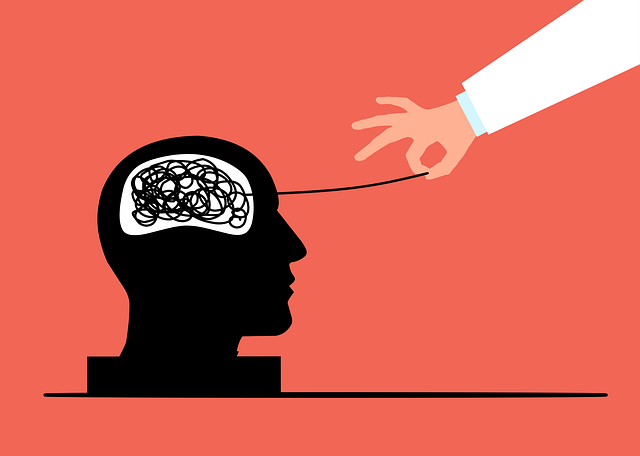Understanding mental health diagnoses requires empathy, qualified professionals, and comprehensive evaluations using standardized tools. Key components of treatment plans include therapy for trauma, anxiety relief, and coping skills development. Stigma reduction encourages seeking assistance. Techniques like CBT and EMDR enable individuals to process traumatic events and improve well-being. Navigating specialized therapy options, crisis intervention, and community support services enhances long-term mental health. Building a supportive network through professional guidance, social connections, and wellness communities promotes recovery. Incorporating self-care strategies alongside therapy boosts resilience and overall well-being, emphasizing the importance of culturally affirming environments in trauma recovery.
“Uncovering paths to healing: Your comprehensive guide to mental illness navigation. This article arms you with essential knowledge, offering insights into understanding mental health diagnoses and navigating treatment options effectively. Delve into the transformative power of therapy, particularly in addressing trauma, and explore its profound impact on overall well-being. Learn to build a supportive network and integrate self-care strategies for holistic recovery management. Discover different therapy approaches tailored to your needs, ensuring a personalized journey towards mental resilience.”
- Understanding Mental Health Diagnoses: A Comprehensive Guide
- The Role of Therapy in Treating Trauma and Its Impact on Overall Well-being
- Navigating Treatment Options: Exploring Different Therapy Approaches
- Building a Supportive Network for Effective Recovery Management
- Self-Care Strategies to Complement Professional Mental Health Support
Understanding Mental Health Diagnoses: A Comprehensive Guide

Understanding Mental Health Diagnoses: A Comprehensive Guide
Navigating mental health diagnoses can be a complex and often daunting task. It’s essential to approach this process with empathy and an open mind, recognizing that mental illness is a spectrum with various forms and severity levels. A thorough evaluation by qualified healthcare professionals using standardized tools and criteria is crucial to ensure an accurate diagnosis. This involves detailed interviews, psychological assessments, and sometimes medical examinations to rule out other conditions. The goal is not just to identify symptoms but to understand their underlying causes and how they impact daily life.
Knowing that mental health diagnoses are not one-size-fits-all, individuals should be empowered to ask questions and actively participate in the process. Therapy for trauma, anxiety relief, and coping skills development are integral parts of treatment plans, aiming to help individuals manage symptoms, regain control, and improve overall well-being. Additionally, mental illness stigma reduction efforts play a significant role in encouraging people to seek assistance without fear of judgment or discrimination.
The Role of Therapy in Treating Trauma and Its Impact on Overall Well-being

Therapy for trauma plays a pivotal role in mental health care, offering individuals a safe space to process and heal from past traumatic experiences. Through structured discussions and various therapeutic techniques, such as cognitive-behavioral therapy (CBT) or eye movement desensitization and reprocessing (EMDR), patients can confront and work through the emotional distress associated with trauma. This process facilitates a profound impact on overall well-being, enabling individuals to develop effective coping strategies and improve their ability to manage stress.
By addressing underlying trauma, therapy empowers people to cultivate self-care practices that were perhaps absent or compromised during traumatic events. This includes incorporating stress reduction methods like mindfulness exercises, meditation, and progressive muscle relaxation into daily routines. As a result, individuals gain greater resilience, enhanced emotional regulation, and improved overall mental health, allowing them to lead more fulfilling lives.
Navigating Treatment Options: Exploring Different Therapy Approaches

Navigating treatment options is a crucial step in managing mental illness, especially when dealing with complex conditions like trauma. Therapy for trauma specifically aims to help individuals process and heal from their traumatic experiences. Different approaches include cognitive behavioral therapy (CBT), which focuses on identifying and changing negative thought patterns, and eye movement desensitization and reprocessing (EMDR), a highly effective method for treating post-traumatic stress disorder (PTSD) by facilitating the processing of traumatic memories.
Additionally, crisis intervention guidance plays a vital role in providing immediate support during acute periods. Mental health policy analysis and advocacy highlight the importance of accessible trauma support services within the community to ensure timely interventions. These services can significantly impact an individual’s long-term mental well-being, offering specialized care tailored to their unique needs.
Building a Supportive Network for Effective Recovery Management

Building a supportive network is an integral part of effective recovery management for mental illness. This includes a multifaceted approach to fostering connections that promote healing and well-being. One key element is leveraging professional support, such as therapy for trauma, where licensed practitioners can provide specialized care tailored to individual needs. Engaging in regular therapy sessions equips individuals with coping strategies, enhances self-awareness exercises, and offers a safe space to process emotions and experiences.
Additionally, cultivating a strong social support system is vital. Connecting with like-minded individuals through mental wellness podcast series production or joining support groups can foster a sense of belonging and community. Mental health awareness is heightened within these networks, where members share resources, offer encouragement, and provide understanding. This collective approach not only facilitates recovery but also ensures ongoing maintenance of mental wellness for long-term success.
Self-Care Strategies to Complement Professional Mental Health Support

In addition to professional mental health support, incorporating self-care strategies can significantly enhance overall well-being and resilience. Engaging in consistent self-care practices allows individuals to actively manage their mental health between therapy sessions for trauma or other conditions. This may include activities like regular exercise, mindfulness meditation, journaling, or pursuing creative outlets that provide a sense of calm and clarity. Prioritizing sleep hygiene, maintaining a balanced diet, and practicing relaxation techniques can also contribute to improved emotional regulation and a better ability to cope with challenging situations.
Effective communication strategies are another vital self-care tool. Being open and honest with healthcare providers about symptoms, fears, and treatment preferences fosters a collaborative relationship that strengthens the therapeutic bond. Additionally, cultivating strong social connections and engaging in activities that promote positive self-talk can boost resilience. Given the importance of cultural competency in healthcare, individuals should also seek environments and support systems that affirm their identity and values, ensuring a more inclusive and effective healing process.
Mental health diagnosis and treatment can be complex, but with the right guidance, recovery is achievable. This article has provided a comprehensive overview of understanding mental health conditions, the power of therapy in treating trauma, exploring diverse therapy options, building supportive networks, and implementing self-care practices. By navigating these aspects, individuals can take control of their mental well-being and find effective strategies to complement professional support, especially when focusing on specific treatments like therapy for trauma. Remember, seeking help is a vital step towards a healthier, happier life.














